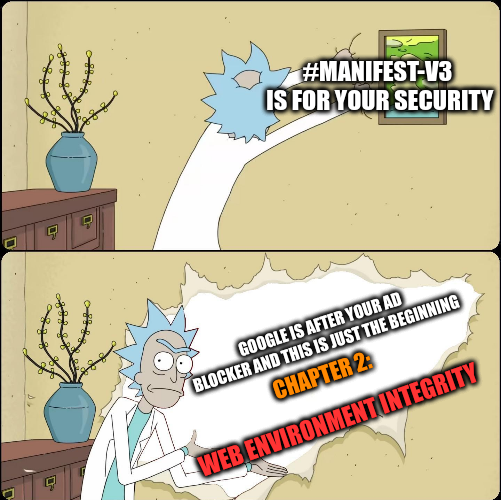this post was submitted on 24 Jul 2023
203 points (97.2% liked)
Explain Like I'm Five
14848 readers
1 users here now
Simplifying Complexity, One Answer at a Time!
Rules
- Be respectful and inclusive.
- No harassment, hate speech, or trolling.
- Engage in constructive discussions.
- Share relevant content.
- Follow guidelines and moderators' instructions.
- Use appropriate language and tone.
- Report violations.
- Foster a continuous learning environment.
founded 2 years ago
MODERATORS
you are viewing a single comment's thread
view the rest of the comments
view the rest of the comments

Code is like a set of Lego pieces you put together to make an app or website. Usually, you have to go to Windows' house to play with Windows Legos, and you can't play with Windows Legos at iOS's house. If you tried to put a Windows Lego on an iOS Lego, they wouldn't fit. This means that if you want to make something with Legos, you have to do it in their house and play by their rules.
Website Legos are special. You can play with Website Legos at the public library, and any other kids who go to the library - a public place that's always open to everyone - can play with Website Legos too. Even Windows and iOS can come to the library and play with Website Legos. No one gets to decide what Legos are allowed or who gets to play with them, and kids can build things together because their Legos fit together.
What Chrome is doing is bad because they want to take all the Website Legos back to their house, and force every kid in town to come to their house if they want to play with Legos. That way, Chrome gets to decide who is allowed inside, and can ban any Lego shapes they don't like from their house.
We need to stop Chrome, because every kid deserves to play with Legos, and kids make much cooler things when they can all work together with a shared Lego set.